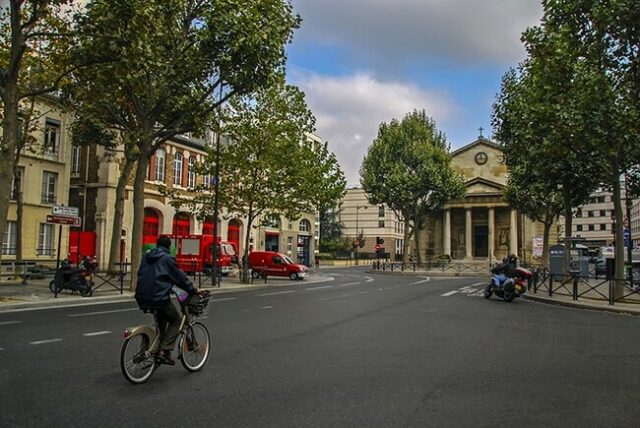
The bustling streets of Paris, renowned for their architectural beauty and cultural vibrancy, are undergoing a transformative shift as cyclists now outnumber car drivers. In a city where life intertwines with the mundane tasks of commuting and errands, a recent report by L’Institut Paris Région heralds a significant milestone towards a more eco-friendly urban lifestyle. Released in April 2024, the study reveals a pronounced shift in transportation dynamics, with cyclists taking the lead on Parisian streets, relegating emission-producing cars to the sidelines. The research, eagerly awaited by academics, corporations, and government entities alike, underscores a collective effort towards sustainable urban mobility, resonating with the ethos of modernity and progress embodied by the City of Light.

Within the broader metropolitan expanse of Île-de-France, where daily life pulsates with 34.5 million trips, the study’s findings illuminate patterns of movement shaped by diverse factors. While cars retain their significance for suburban commuters navigating greater distances, Parisians have embraced cycling as a primary mode of transportation, constituting 30% of bicycle trips within the region. This paradigm shift reflects a concerted effort by city authorities, exemplified by Mayor Anne Hidalgo’s initiatives to prioritize bike lanes, reduce parking, and pedestrianize select thoroughfares. Beyond the environmental dividends of reduced emissions and improved air quality, the rise of cycling resonates with a broader cultural shift towards healthier, more active lifestyles, prompting cities across Europe to explore innovative strategies to foster cycling infrastructure and promote sustainable urban logistics.














